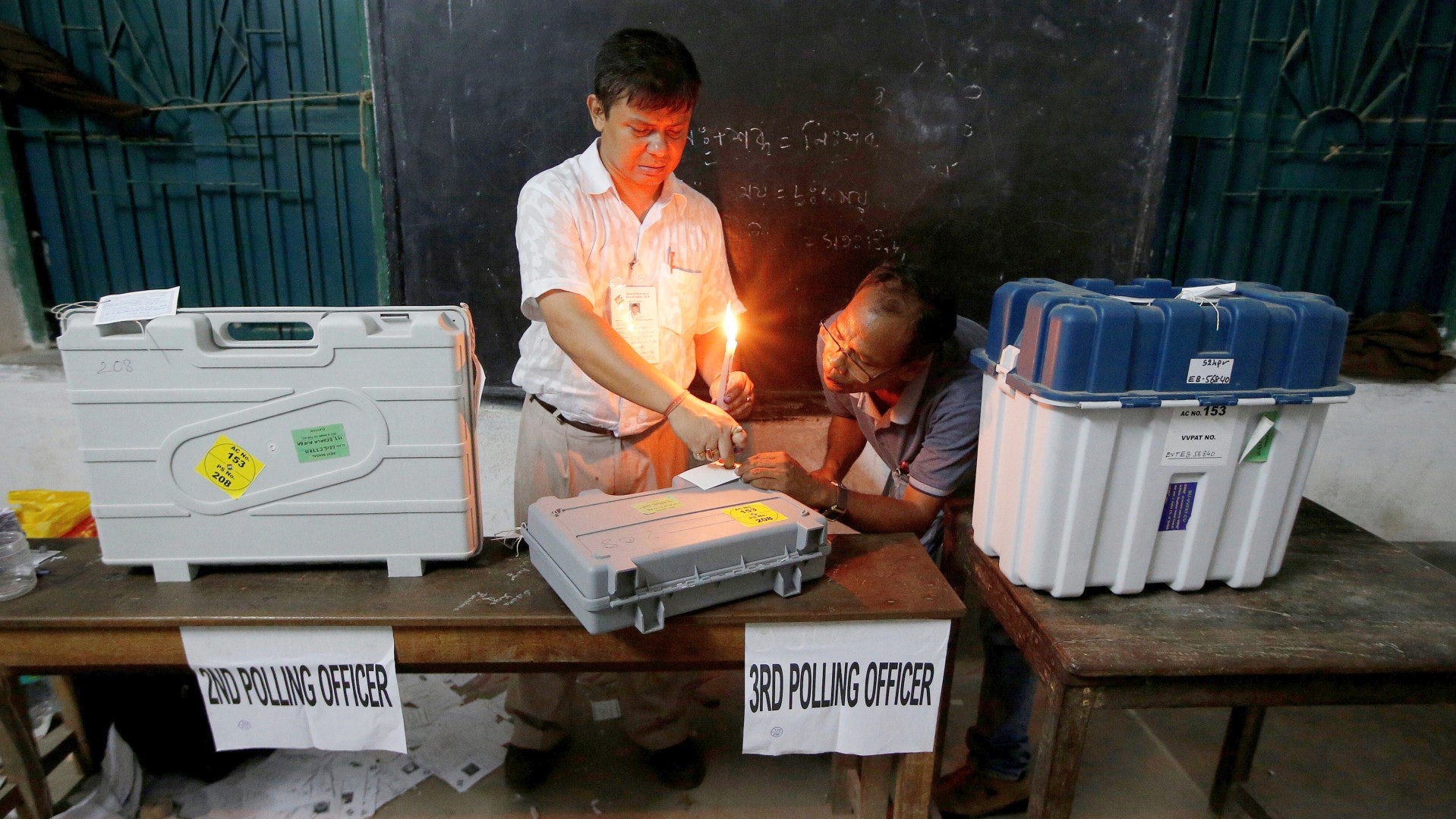India’s six-week, the seven-stage general election came to an end on Sunday (19th). Nearly 100 million voters in seven states will decide the last 59 seats of the 545 seats in the House of Representatives (Lok Sabha, equivalent to the House of Commons).
The election of the general election will start on Thursday (23rd) and the preliminary counting results will be announced on the same day.
India’s House of Commons election is the largest in the world the 39-day event was held in 7 stages and was eligible for approximately 900 million voters. Sunday’s elections decided that the People’s Court had 59 seats, including Modi’s constituency, located in Varanasi, Uttar Pradesh. Modi is expected to keep his seat.
This election also regarded as Prime Minister ’s referendum after Prime Minister Modi’s strong come to power in 2014The performance of the Bharatiya Janata Party (BJP) he led will bring the answer to this question.
A political party that wants to gain the ruling power must obtain 272 seats in the People’s Court. The People’s Party is keen to replicate the success of 2014 in this election. In that year, it won 282 seats, the best result in 30 years.
Modi’s image of a strongman is the signature of the People’s Party’s invoicing. The party also made a big fuss about the armed conflicts and mutual air strikes in India and Pakistan in February and March, and tested the anti-satellite missiles before the election.“Building momentum.” Rahul Gandhi, the leader of the Indian National Congress, took advantage of his capital election campaign from a political family. He accused Modi of political division and neglect of the economy.
The results of the pre-election poll show that although Modi’s popularity is strong, voters’ dissatisfaction with the government’s administration may affect the People’s Party, making it difficult to maintain the status of the majority. The poll results indicate that no single party can become a majority. The British Broadcasting Corporation (BBC) analyzed that “the king” may be a small party in the region.
The biggest reason for the Modi government’s grievances is economic problems, including the agricultural crisis, the increase in the number of unemployed, and the country’s possible decline. In addition, the confiscation of the banknotes policy in 2016 has hit the economy, and the hostility of the “untouchable” class in the Muslim and caste system has increased. The number of cases they have been attacked in the past five years has also contributed to the voters’ resentment.












